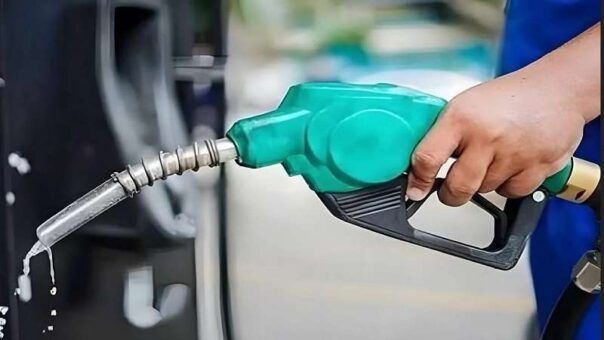Karachi, January 31, 2024 – The collection of petroleum levy in Pakistan has experienced an unprecedented surge, witnessing a remarkable increase of 166 percent during the first half (July – December) of the current fiscal year, as reported by data released by the Ministry of Finance.
The government’s decision to maintain higher petroleum prices played a pivotal role in this substantial growth.
The figures reveal that the collection of petroleum levy soared to a staggering Rs473 billion in the initial half of the current fiscal year, compared to Rs178 billion during the corresponding period of the previous fiscal year. This significant rise is indicative of the government’s strategic approach in capitalizing on the petroleum sector to boost revenue, despite the challenges prevalent in the industry.
The government’s ambitious target for the fiscal year 2023-24, as outlined in budget documents, aims to generate approximately Rs870 billion through the petroleum levy. This underscores the administration’s unwavering commitment to augmenting revenue streams, particularly in the face of ongoing challenges within the petroleum sector.
In the preceding fiscal year 2022-2023, the government initially set its sights on collecting Rs855 billion through the petroleum levy. However, due to various factors, this target was later revised downward to Rs542 billion. Consequently, the government found itself tasked with the challenge of collecting an additional Rs328 billion during the current fiscal year to meet the revised but still ambitious revenue goal.
The surge in petroleum levy collection can be attributed to the government’s deliberate policy of keeping petroleum prices on the higher side. While this move has proven effective in bolstering revenue, it has also sparked debates regarding its impact on consumers who bear the brunt of increased fuel costs. Critics argue that the government’s focus on revenue generation should be balanced with considerations for the economic well-being of the public.
The petroleum sector, a critical component of Pakistan’s economy, has been subject to fluctuations and challenges, including global oil price dynamics and domestic economic conditions. The government’s ability to significantly increase petroleum levy collection in the first half of the fiscal year reflects its proactive approach in navigating these complexities to meet fiscal targets.
As the government continues to pursue its ambitious revenue goals, the spotlight remains on the petroleum sector and the impact of these fiscal measures on the overall economy. Striking a delicate balance between revenue generation and addressing the concerns of the public will be crucial for ensuring sustainable economic growth and stability in the coming months.
